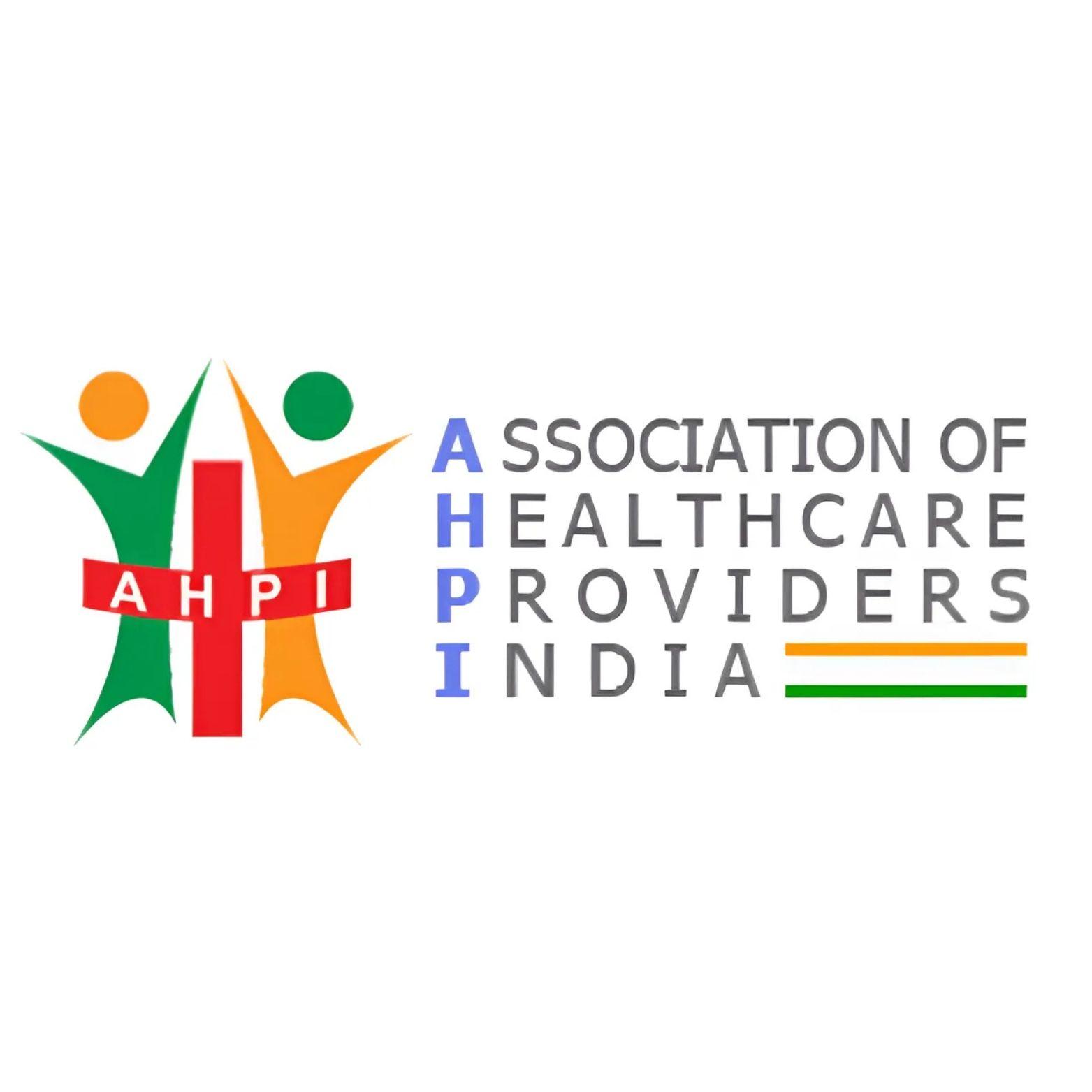GS1 India engages with industry stakeholders to ensure quick and seamless adoption of GS1 standards by businesses of all sizes. We provide implementation support for GS1 standards to organisations across multiple sectors, including retail, healthcare, transportation, and logistics, helping them transition to more efficient, smarter, and standardised trade practices. Our objective is to increase supply chain efficiency and transparency and to enable accurate data synchronisation across the industry through GS1 standards.
Get GS1 Barcode
We are actively driving the adoption of GTINs (Global Trade Item Numbers) across offline and online marketplaces by engaging with retailers and e-commerce platforms. By adopting GTINs, businesses—whether large, medium, or small are able to sell products globally, enhance operational efficiency, enable accurate data exchange with all trading partners, accelerate product listings, and build stronger customer trust.
National Industry Forum for Retail (NIFR) provides a national platform for collaboration, networking and knowledge sharing between trading partners in the retail industry. NIFR members address challenges faced in the supply & demand chain processes and collaboratively work together to solve them.




Through collaboration with health regulators, state health departments, and trade bodies, we encourage the adoption of GS1 standards in procuring and labelling medical drugs and devices in domestic and export markets. Some of these initiatives include applying QR codes on the primary/secondary packaging of the top 300 pharmaceutical drug brands and including barcodes in the drug procurement guidelines of various state health departments.
National Industry Forum for Healthcare (NIFH) brings together industry stakeholders to discuss the current supply chain issues and solve them through collaboration and adoption of GS1 standards. Its members constitute hospitals, online pharmacies, and pharmaceutical and medical device manufacturers working with the objective of strengthening patient safety.





Through our collaboration with agricultural regulators, agri-product manufacturers, and trade bodies, we facilitate the adoption of GTINs on pesticides, insecticides, and seeds. This helps ensure regulatory compliance, provides access to accurate product information, enables effective track and trace, and strengthens safety in the agricultural sector.




GS1 India is enhancing traceability and food safety in the food sector by advocating the use of barcodes for tracking food products from farm to fork. Through close collaboration with the Food Safety & Standards Authority of India (FSSAI), we ensure improved quality control, compliance with food safety regulations, and greater transparency across the supply chain.


GS1 standards are being used in the transport & logistics sector for streamlined asset identification and tracking. In logistics, GS1 standards streamline operations, ensuring smoother data exchanges, real-time tracking, and improved supply chain visibility.

The Ministry of Micro, Small and Medium Enterprises (MSME) provides 80% reimbursement, up to a maximum limit of ₹50,650/-, to micro-manufacturing enterprises registered with GS1 India. Micro enterprises registered with MSME can avail of this reimbursement on the one-time registration fees and annual recurring fees for the first 3 years at one go, as per MSME guidelines. We support micro-manufacturing enterprises in achieving better market access and gaining a competitive edge. Eligible enterprises can claim reimbursement by reaching out to their nearest MSME office.

On the global front, GS1 India assists suppliers and exporters in meeting label compliance of UNICEF (United Nations Children’s Funds) and USAID (United States Agency for International Development). Indian exporters need to comply with Saudi Arabia’s regulations, primarily the SASO certificate of conformity, which requires products to have barcodes on them. By including GS1 standards in their labelling guidelines, these public agencies aim for standardisation of all shipments received.